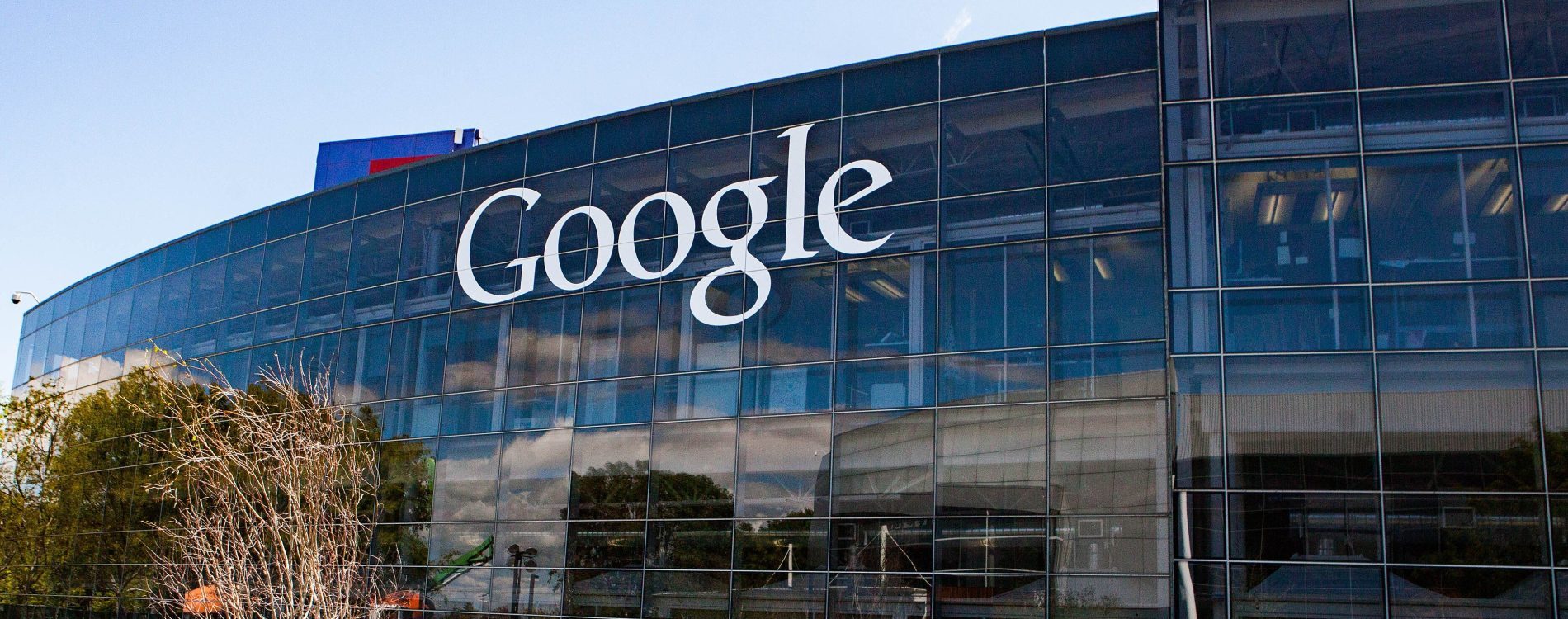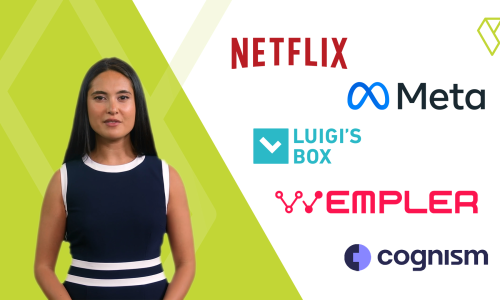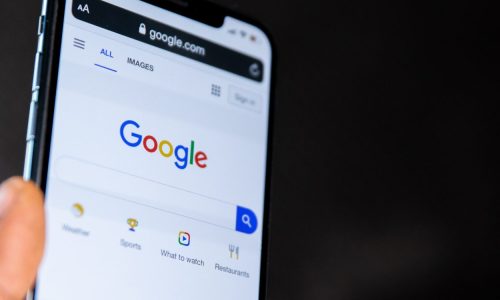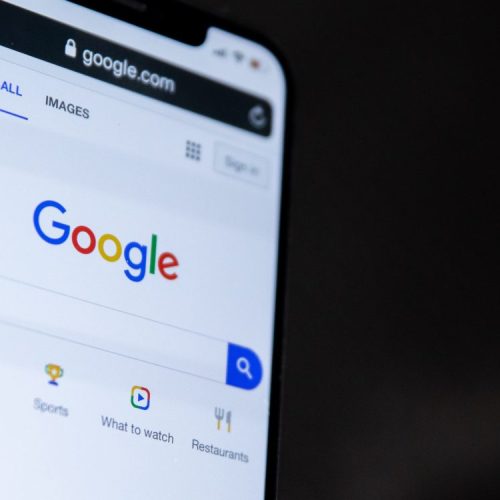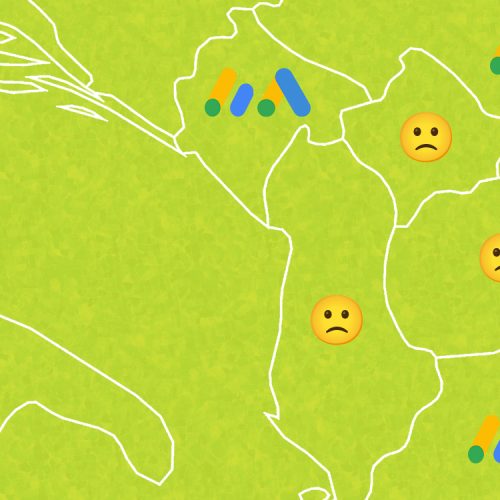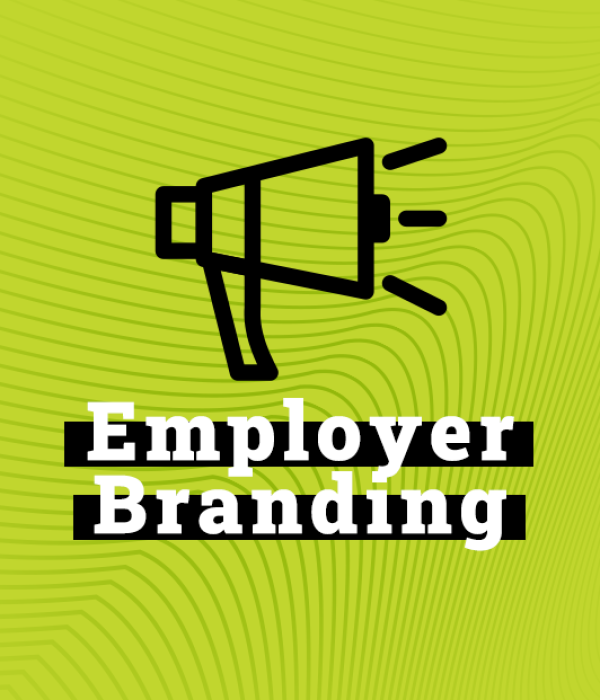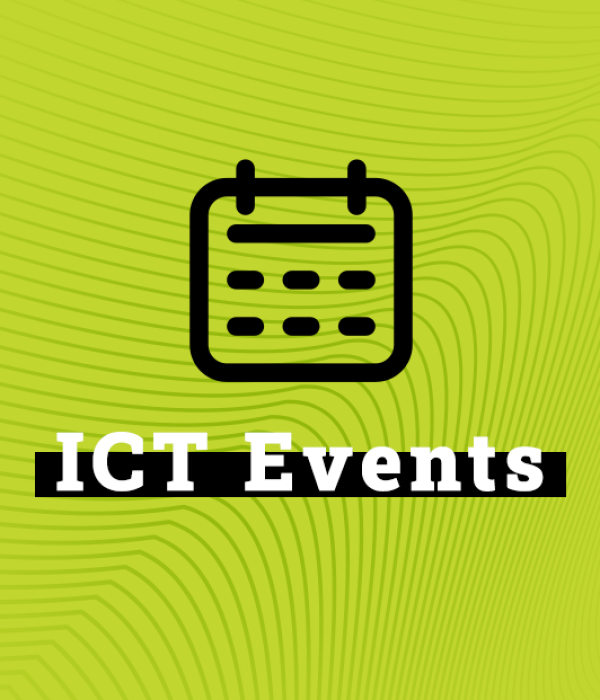Google, Meta, Qualcomm, and seven other tech companies have teamed up to promote open digital ecosystems. The companies made the collaboration official on December 13. Together, they will operate under the name Coalition for Open Digital Ecosystems (CODE).
CODE is a direct response to the new laws in Europe.
The Coalition for Open Digital Ecosystems will collaborate with academic institutions, policymakers and businesses to promote digital openness in Europe. They will do this by fulfilling the conditions and implementing the Digital Markets Act (DMA), as well as various legal solutions that the European Union will adopt in the future.
One of the requirements for large companies that are seen as “gatekeepers” is to ensure third parties to inter-operate with the gatekeeper’s own services and allow business users to promote offers and conclude contracts with their customers outside the gatekeeper’s platform.
“We have had a number of conversations in the past few months about what ‘good’ looks like when it comes to digital ecosystems in Europe, what fosters innovation, and what will positively impact competitiveness. We think openness is the crucial element,” Lynx founder Stan Larroque said in a statement.
The other members of the coalition are the Chinese smart devices maker Honor, Chinese manufacturer Lenovo, French augmented reality start-up Lynx, U.S. telecoms equipment maker Motorola, UK electronics maker Nothing, Norwegian tech company Opera and German messaging services provider Wire.
The goal of the collaboration is to push for digital ecosystems through industry-wide collaboration and the promotion of easy connectivity and interoperable systems, reported Reuters.
Apple is not a member of the coalition
One of the companies whose name cannot be found on the list is Apple, mostly because the company will have to adapt a large part of its services. App Store, FaceTime, Siri are just some of the services that require adjustments, according to the European DMA framework. As of next year, Apple will have to enable the creation of stores for the distribution of applications that will compete with the App Store. Additionally, third-party payment services will have to be enabled.
Apple’s competitors in the period since the announcement of the “gatekeepers” have used the legal framework in Europe to pressure Apple to make changes in its ecosystem. For example, in November, Google and several telecom operators petitioned to have iMessages added to the list of key services, which would have required Apple to ensure full interoperability between iMessages and other text messaging services.
